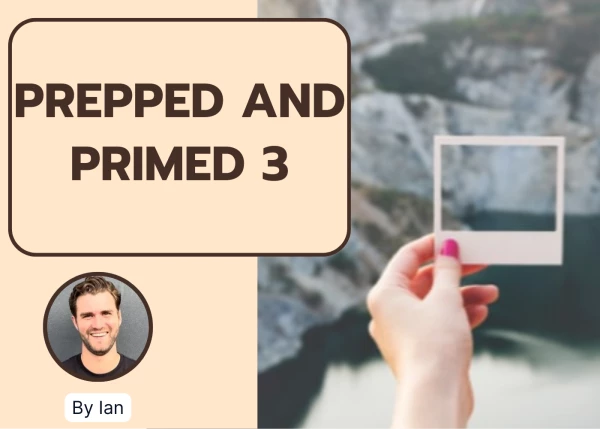Hello dear community of Preploung,
I'm currently preparing for my 1st round interviews with McKinsey which take place beginning of June. I have gone a long way already with my preparations in terms of cases and PEI and do feel quite confident after lots of practice with peers and sometimes McKinsey alumnis.
The only thing which Im not fully confident about is having a well-structured MECE frameworks as I start a case. I do get good feedback regarding my frameworks but it still feels a bit uncertain to me how good my framework is, especially for the non-classic cases (profitability, market enrty .. etc are all fine)
What are your tips to ensure a strong, coherent and MECE frameworks, especially when facing a non-classic case questions (it literally can be about anything)?
Thank you all












